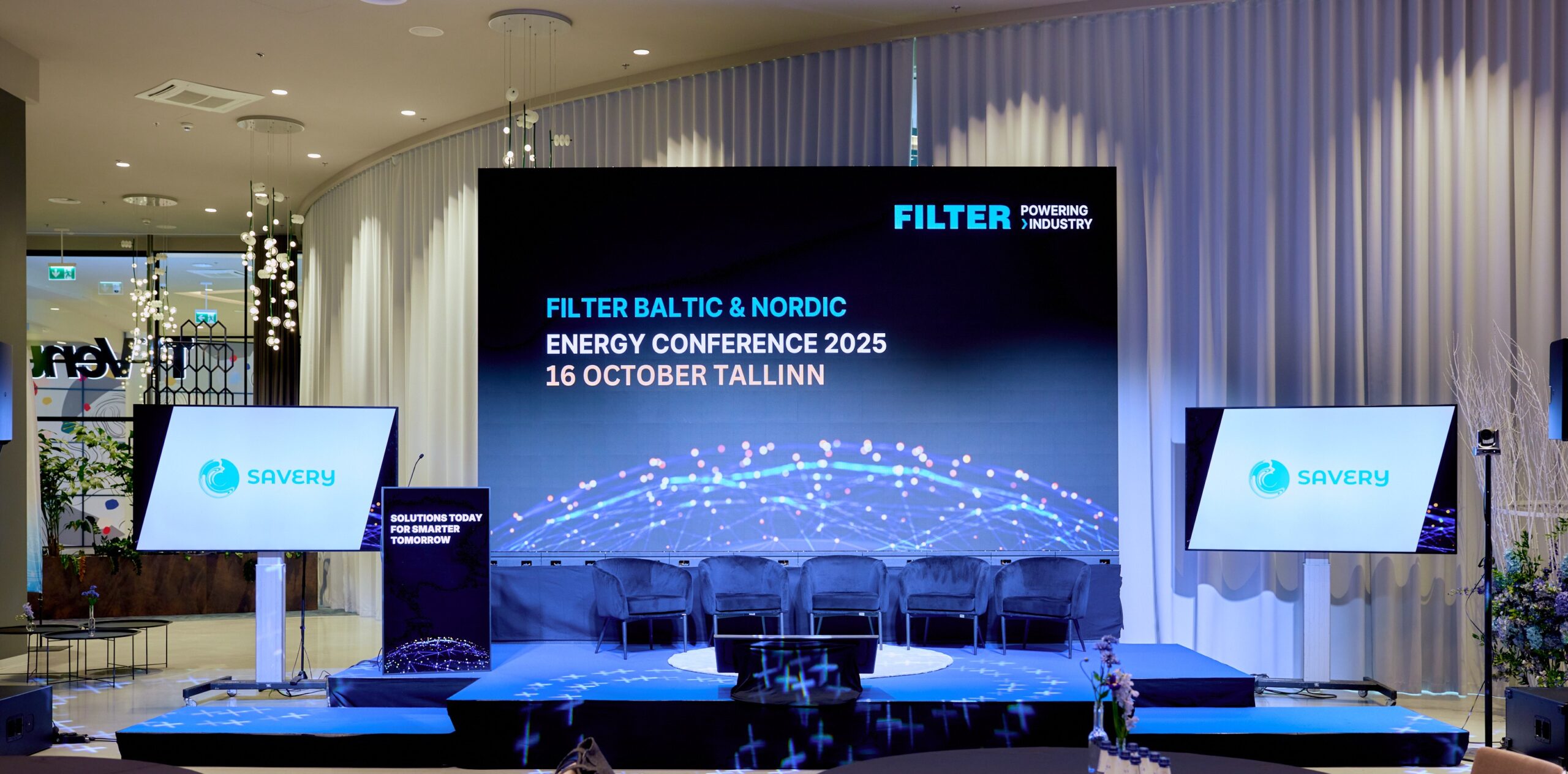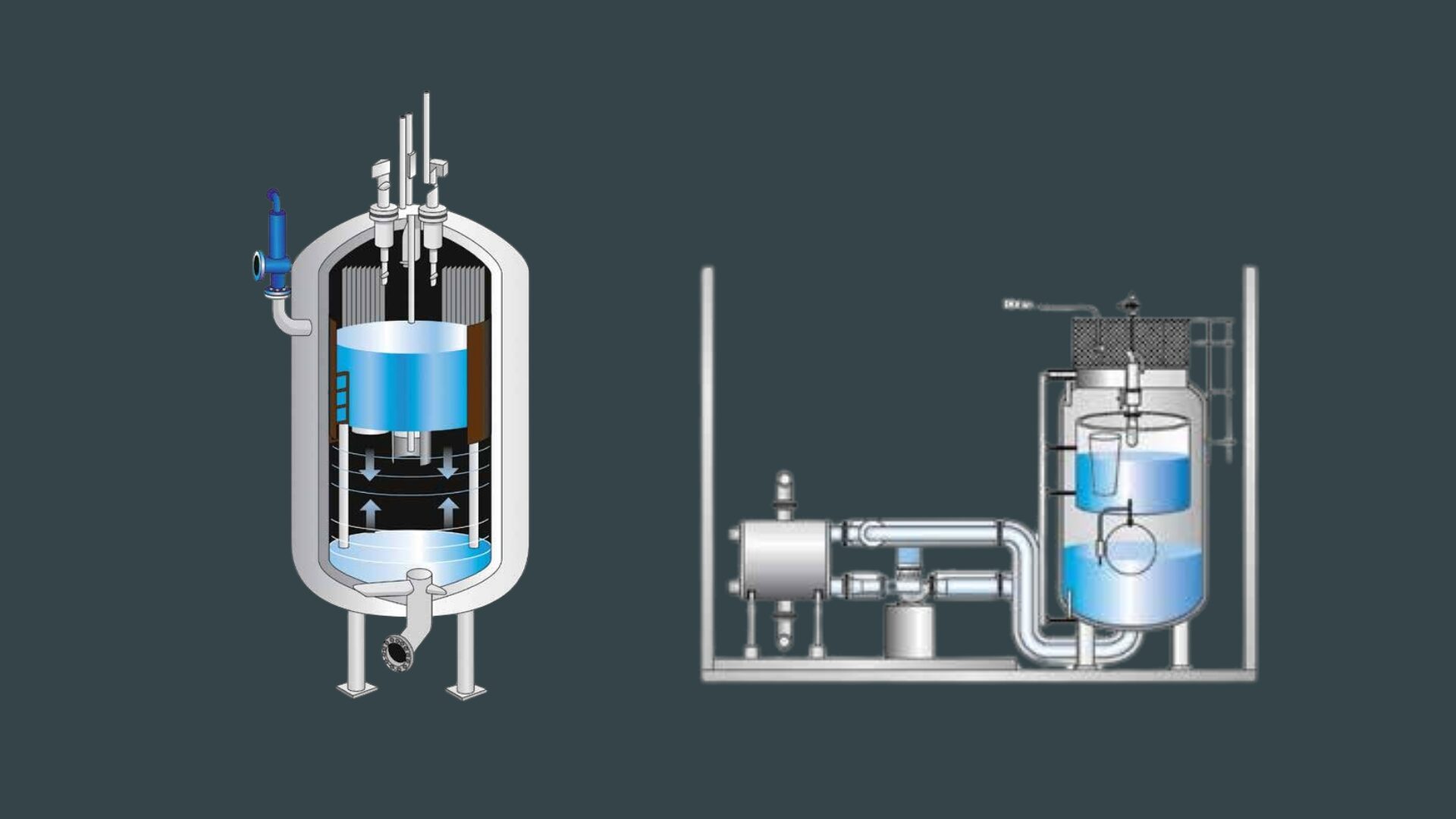We see forward-thinking engineering as the key to ensuring the seamless flow of energy and water, as well as ensuring security and sustainability. We offer a range of feasibility studies and audits to support your plant projects. Feasibility studies offer valuable insights and guidance for informed decision-making regarding new or existing plant projects. A plant audit involves a comprehensive assessment of your existing plant’s technical condition. It helps identify potential issues and risks that could impact plant operation, output, and profitability, allowing for timely solutions.
-
Informed decision-making
Feasibility studies provide critical insights that enable informed decisions about new or existing plant projects, enhancing the chances of success.
-
Solution identification
They help identify the best solution among various options, ensuring the most suitable approach is chosen for the project.
-
Cost-benefit estimation
Feasibility studies are instrumental in helping you achieve substantial energy savings, cost reductions, emission reductions, and operational improvements.
-
Improved performance
Find the ways how to enhance the quality, efficiency, safety, and environmental performance of your plant.




